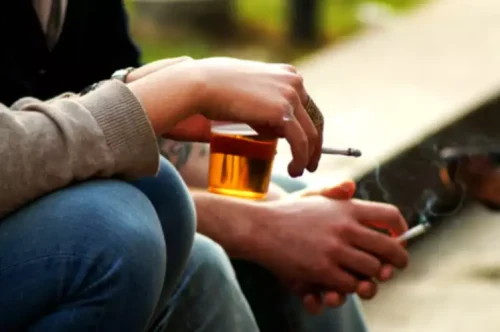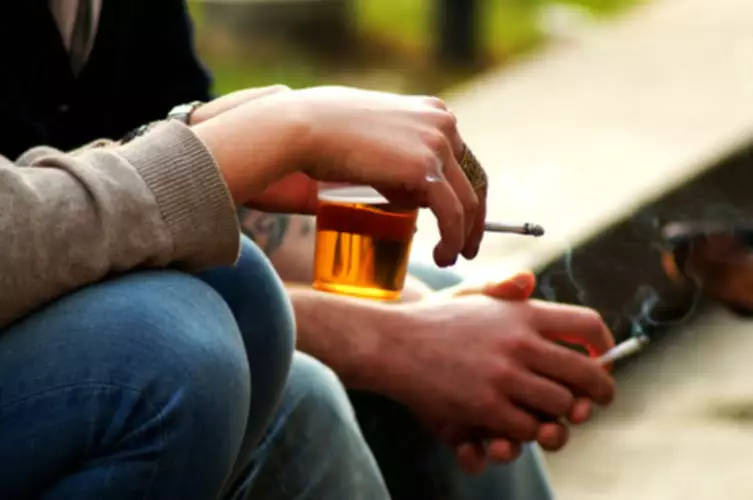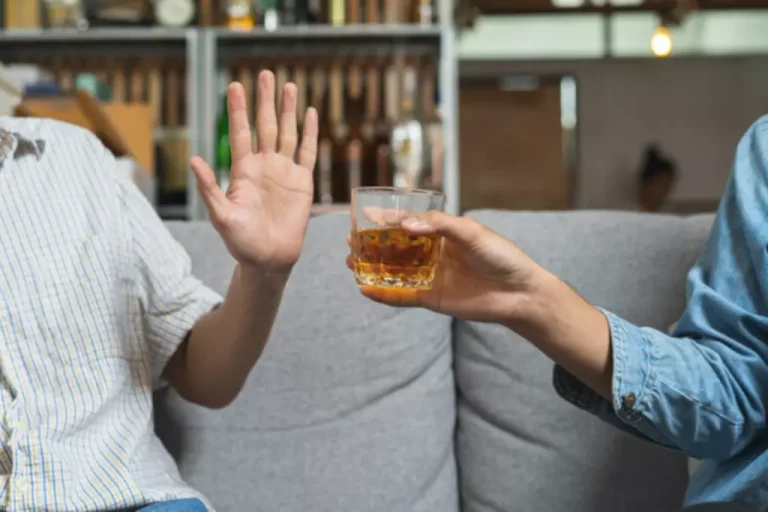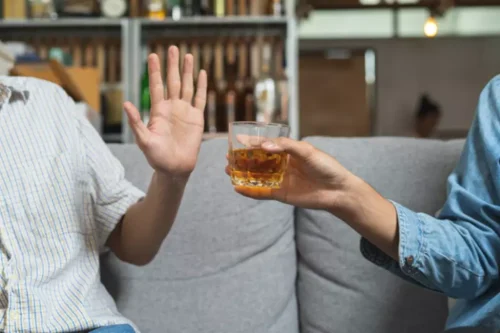
During inpatient therapy, patients may attend multiple cognitive behavioral group sessions per week. Outpatient treatment may begin with individual sessions and end with group sessions. Those who are dependent on pot but not addicted may benefit from outpatient treatment. Because they can control their drug use better than people who are addicted, they can generally live at home and visit the rehab facility for therapy. They experience withdrawal and cravings, but they don’t exhibit compulsive and reckless behavior. People addicted to the drug should attend inpatient treatment, which requires them to live at the rehab facility throughout treatment.
Luxe Recovery Studio City
- The Δ9-THC component of nabiximols decreases the severity of withdrawal symptoms, lowering the risk of relapse (Trigo et al., 2016a).
- The likelihood of developing an addiction increases exponentially when marijuana use begins before the age of 18 when the drug can have a profound effect on the individual’s still-developing brain.
If you don’t have insurance but are able to travel, you can find affordable cash pay rehab centers in destinations around the world. If you’re looking for treatment, please browse the site to reach out to treatment centers directly. People smoke marijuana for recreational, medicinal, and psychological reasons. Recreational users seek its psychoactive effects, as tetrahydrocannabinol (THC) elicits feelings of euphoria, relaxation, and altered perception. John C. Umhau, MD, MPH, CPE is board-certified in addiction medicine and preventative medicine.

Sandstone Care Teen Center at Chesapeake

Medical detox is particularly effective for individuals with co-occurring mental health disorders or high dependence on marijuana. According to NIDA, the success rate for many drug rehab programs is less than 25%, but 90-day programs at medical detox centers have higher success rates. To diagnose cannabis use disorder, Twelve-step program a healthcare provider assesses the person’s history.
Marijuana Detoxification & Withdrawal Process
Make sure that any treatment center you choose is accredited and provides evidence-based treatments such as cognitive behavioral therapy and motivational enhancement therapy. Many individuals struggling with marijuana addiction tend to have a history of 10 years of daily use and have attempted to quit more than six times before enrolling in a marijuana addiction program. The psychological addiction to marijuana can be powerful, and societal pressures combined with the easy availability of the drug can make quitting difficult. Withdrawal symptoms, including loss of appetite, sleeplessness, irritability, and anxiety, may also discourage individuals from quitting or cause them to relapse.

Rehab for Marijuana

While individual people may report certain personal benefits, all of these factors make it difficult to come to any firm conclusions. The product labels for medical marijuana may appear similar to those on prescription medications, but they’re not prescription or FDA-approved medications. Many states require that the label include the amount of THC and CBD (cannabidiol) in the product, but other states have does weed have addictive properties different requirements. Mark S. Gold, M.D., is a pioneering researcher, professor, and chairman of psychiatry at Yale, the University of Florida, and Washington University in St Louis.
- Yes, marijuana is addictive because of its principal psychoactive component, delta-9-tetrahydrocannabinol (THC).
- Schedule I drugs are substances with no currently accepted medical use and a high potential for abuse.
- The majority of those in need of treatment for cannabis use problems have access to treatment.
- The U.S. Food and Drug Administration (FDA) hasn’t approved marijuana for medical purposes to date.
Cognitive behavioral therapy is one form of evidence-based therapy that focuses on teaching individuals how thoughts, emotions, and behaviors are interconnected. It helps teach various coping strategies and how to correct any problematic behaviors to enhance self-control, stop substance use, and address several other problems that commonly occur with substance use disorders. CBT promotes long-term recovery by addressing underlying cognitive distortions. According to VerywellMind, cognitive behavioral therapy (CBT) has a success rate of around 60% for helping people maintain recovery from substance use disorders for a year.

